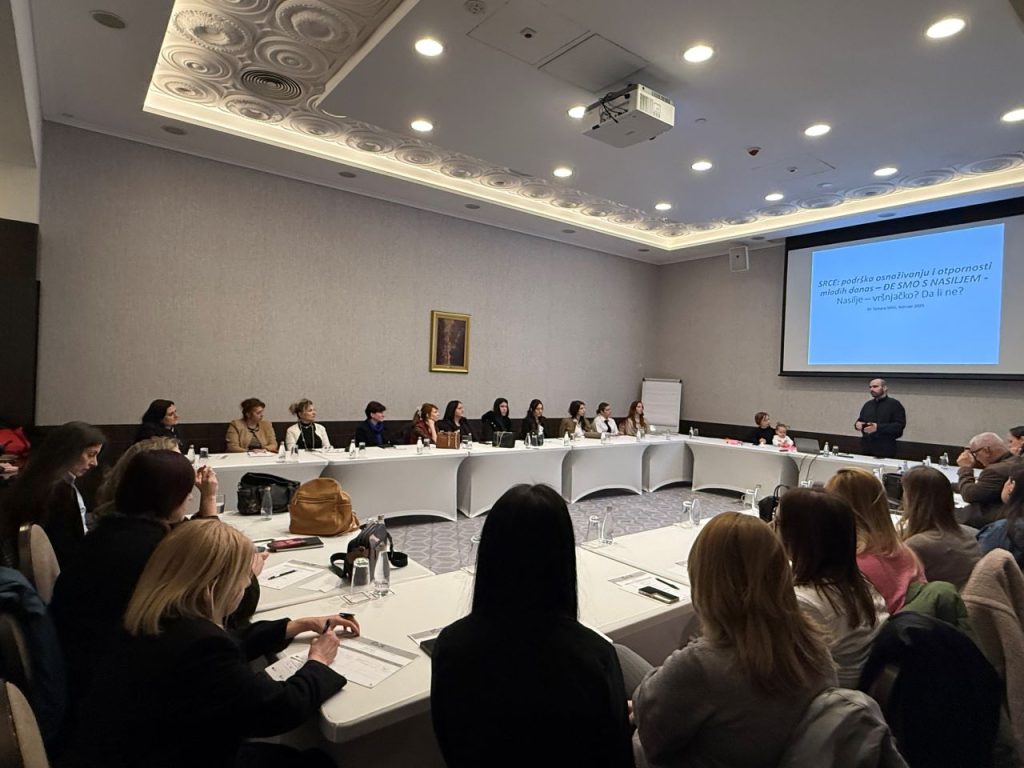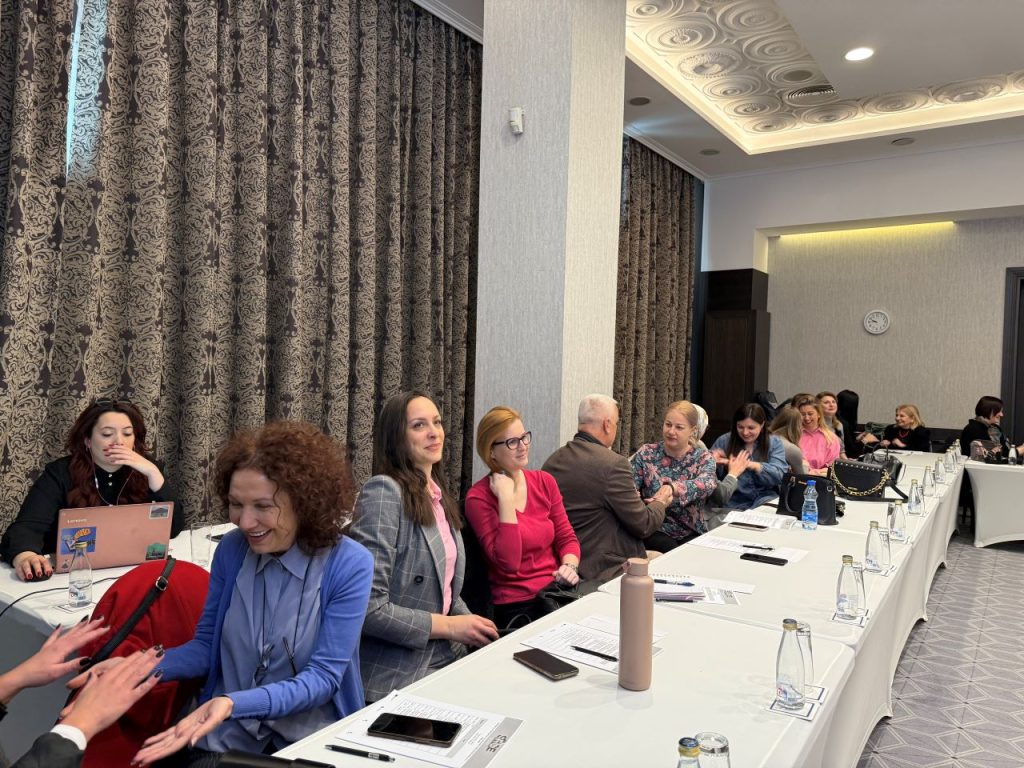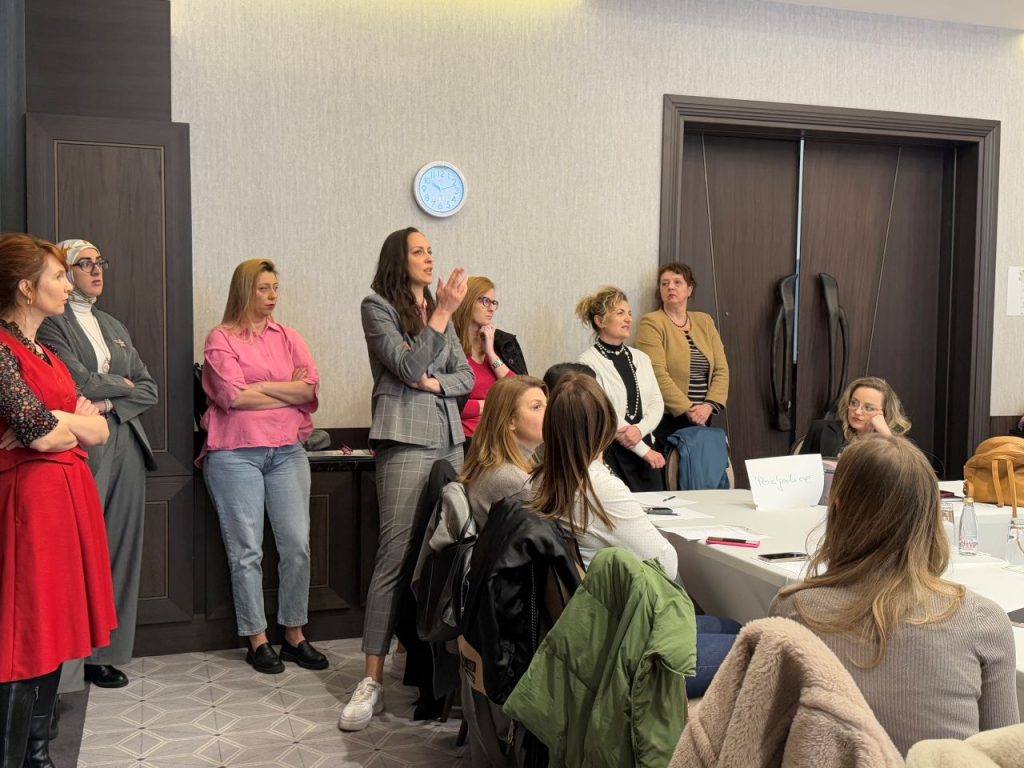“Additional education on peer violence across all segments of the formal education system is necessary to make the school environment safe and motivating for youth development,” was emphasized at today’s training organized by the Centre for Civic Education (CCE) in Podgorica, focusing on prevention and intervention in cases of peer violence.
The training gathered 30 pedagogues and psychologists from primary and secondary schools in the central region of Montenegro, who had the opportunity to strengthen their skills with psychologist Tamara Milić, in recognizing and appropriately responding to peer violence, which is becoming a growing problem in our society.
“I believe that such training sessions are essential, given my experience and work with young people, as they provide a chance to learn something new and exchange experiences with colleagues from other educational institutions,” said Nikola Latković, a pedagogue from PI ES “Lovćenski partizanski odred” in Cetinje. “These training sessions are not only important for professional associates but also for all teachers. I would also emphasize the role of the state in sending the right message – that this issue must be a priority, which has not been the case so far,” he added.
Milica Pušonjić, a psychologist at ES “Savo Pejanović” in Podgorica, highlighted that “violence, especially peer violence, is unfortunately a pressing issue, and there is never enough learning and discussion about it. Today’s training was important because it gathered psychological and pedagogical services, giving us the opportunity to exchange experiences, discuss the challenges we face, and learn about research findings both in Montenegro and the region,” said Pušonjić.
“Violence in our society is escalating, which motivated me to apply for today’s training, hoping to gain new insights into resolving these issues,” said Mirjana Vukčević, a pedagogue at PI HS “Ivan Uskoković” in Podgorica. “I am glad that pedagogues and psychologists have the opportunity to exchange experiences and acquire new knowledge, and I also expect other forms of support. Additionally, I strongly advocate for the continuity of such gatherings so that we can continue to exchange opinions and useful information for our daily work,” she concluded.
The training is part of the project HEART: Helping Empowerment and Resilience for Today’s Youth, funded by the EU Delegation in Montenegro, and co-financed by the Ministry of Public Administration. As part of this project, similar training sessions will be held in the northern and southern regions of Montenegro.
Marlena Ivanović, Programme Associate



